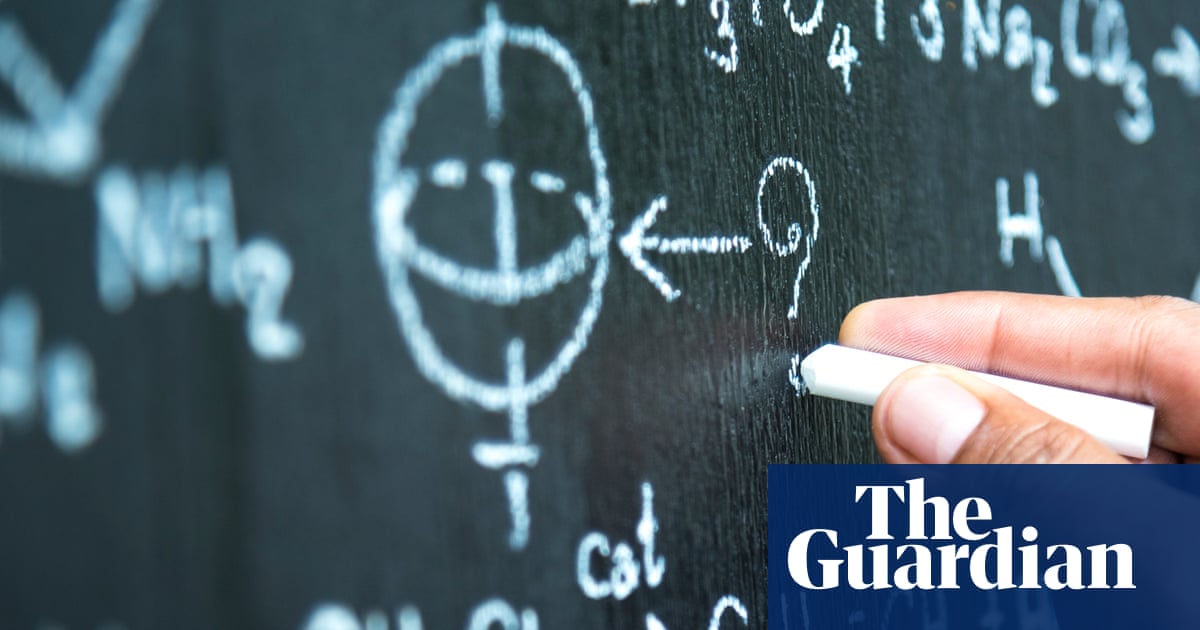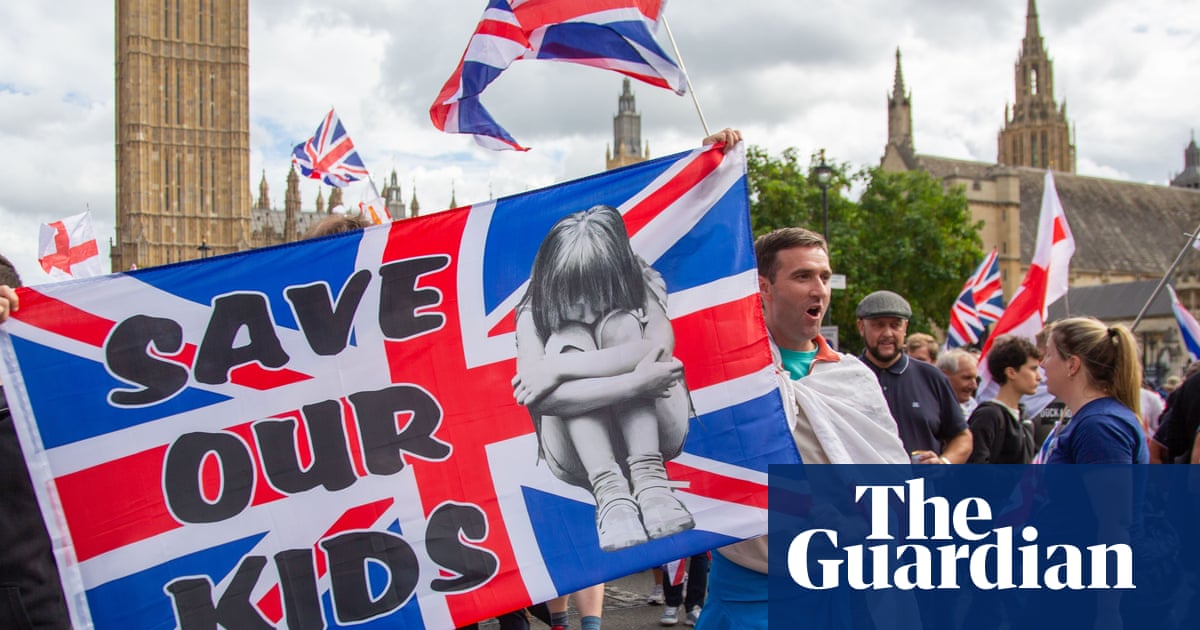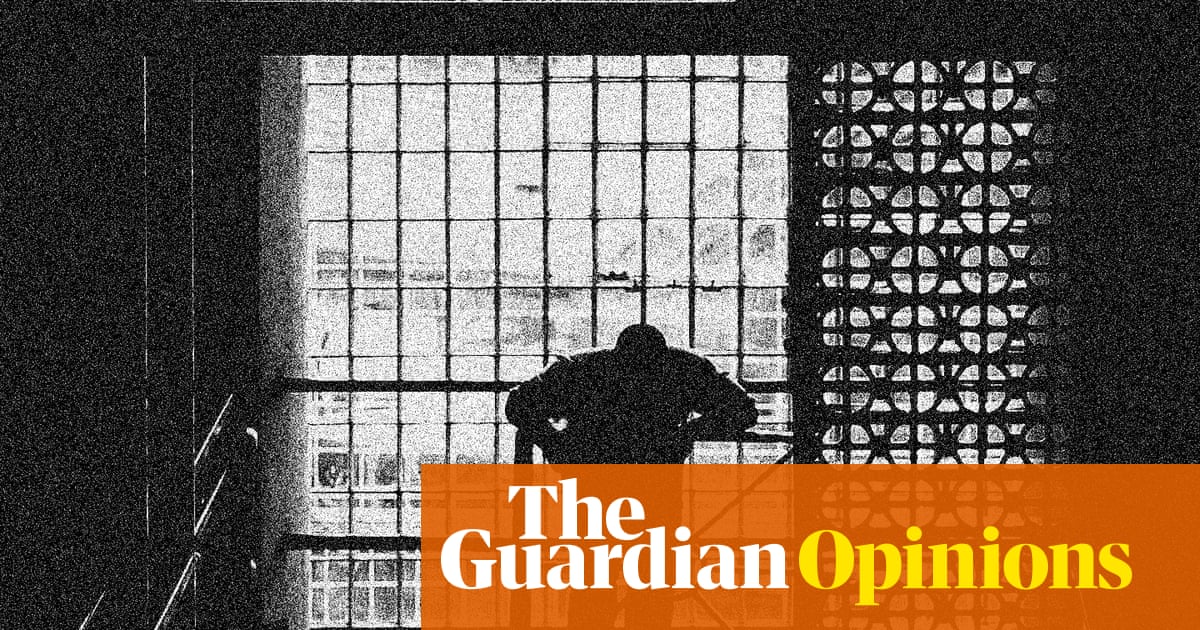I think I must be on someone’s Rolodex of killjoys, because whenever something good happens – schools break up, summer holidays start, the weather’s nice, it’s Christmas, it’s Easter – I get a call from a talk radio show asking if I’ll come on and explain why that’s bad, actually. Usually I say, in the nicest possible way, that I don’t want to: sure, kids are much more annoying when they’re not at school; yes, it’s irresponsible to fly; no, Christmas isn’t magic, it’s an orgy of overconsumption; yes, Easter was pillaged from pagans (probably?), and Christianity itself is the imperialist template (arguably?) – in which case, the last way we should mark it is with a Creme Egg. But I just don’t want to be that person. Let someone else ruin everything for a change.
On Friday, however, I agreed to make the argument the next morning on LBC that heatwaves aren’t a treat, they’re a problem. We have to do more than just ready our infrastructure for the more intense temperatures to come: we have to bring our narrative a bit closer to reality. The climate crisis isn’t tomorrow’s problem, it’s today’s, and its impacts aren’t better conditions for vineyards in Kent, they are a broad-spectrum enshittification, in which everything, from bus journeys to growing dahlias, becomes harder, and takes longer, and is worse. It was, in other words, exactly the kind of true, unlovely thing that I don’t like being the person to say, and I don’t know why I said yes – it’s possible that I was just too hot.
Once the thought was implanted, though, I couldn’t help but notice the heatwave media formula, and how extravagantly weird it is. It starts a few days before, as soon as the Met Office gives us all a heads-up, and is illustrated with either a stock photo of an ice-cream, or a chart of graphics in which the sun is always smiling and sometimes has his hat on. As the heat begins, images pour in as they happen: kids splashing in a fountain, heaving beaches. It’s like illustrating a war with a photo of a soldier coming home and kissing his sweetheart: sure, that must happen to some people, eventually, but it is not most people’s lived reality of war. More evocative photos would be: your pet, or anyone’s pet, lying beached on the floor, with that baleful, all-species expression: “How are you doing this to me, human, and why?”; people on the tube looking as if they’re all about to faint; office workers fighting over a fan; tourists overwhelmed by the merciless sun on their shelterless day trip to hell.
I went on a tour of the Arctic Circle once, years ago, and we all moaned constantly about the cold, until the gruff Swedish guide said: “Listen, you marshmallows,” (he really did call us that; I kind of liked it), “At least you can protect yourself against the cold. How do you protect yourself against the heat?” A woman in the group said: “That’s easy – factor 50 and a piña colada,” and everyone laughed, and it’s taken me 25 years to realise that even though she was funny, he was still right.
An estimated 600 people will die as a result of this one heatwave. Those kinds of numbers from a virus would spark at least a localised lockdown, and in a plane crash, a national day of mourning. But it’s hard to respond to climate fatalities proportionately without confronting global heating and taking on the underlying inequalities that make some people more vulnerable than others. High temperatures are much more dangerous when you’re disabled, when you’re homeless, when you’re incarcerated, when you’re old. It would be pretty rum to be squeezing disability benefits at the same time as worrying about whether disabled people are at greater risk from the weather, and need more care – better to imagine this an act of God, in which the deaths cannot possibly be prevented.
In the end, I got benched by the radio show. I think they might have also given a bit of thought to what an anti-heat argument would sound like, and decided I’d be too depressing. But I wasn’t depressed at all. I was relieved – the collective effort of kidding ourselves that it’s too hot to move but that’s awesome takes more effort than you’d think.
Zoe Williams is a Guardian columnist

 2 months ago
111
2 months ago
111

















































